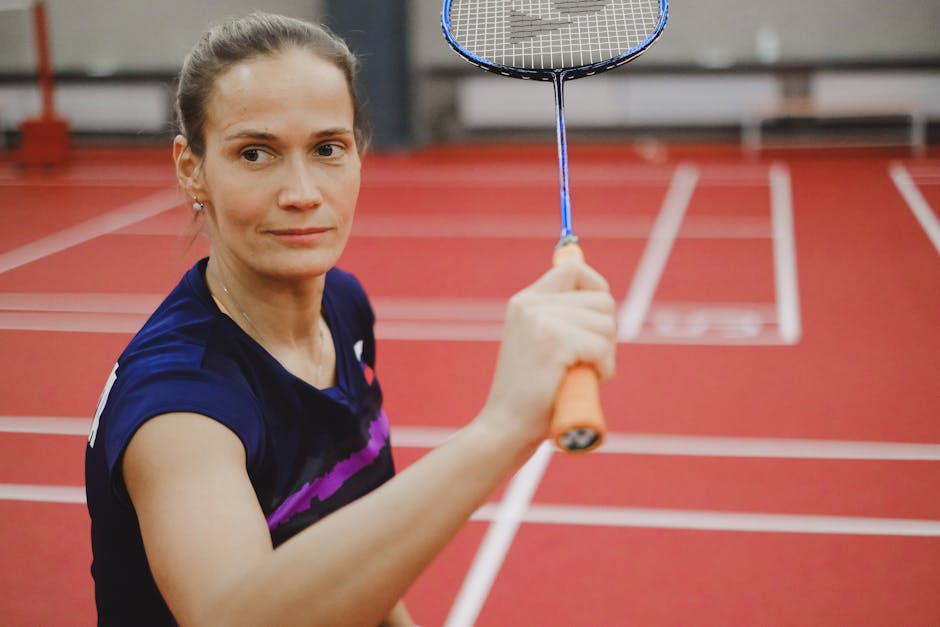Badminton is a fast-paced and exciting sport enjoyed by millions worldwide. Whether you're a seasoned pro or just starting out, having the right racket can significantly impact your performance and enjoyment of the game. Choosing a badminton racket can seem daunting with so many options available, but understanding a few key factors can simplify the process. This guide will walk you through the essential considerations to help you select the perfect racket for your playing style and skill level.
First, consider your playing style. Are you an aggressive player who favors powerful smashes, or do you prefer a more defensive, controlled game? Power players typically benefit from head-heavy rackets, which generate more force, while control-oriented players often prefer head-light rackets for greater maneuverability and faster reactions. An even-balanced racket offers a compromise between power and control, making it suitable for all-around players.
Next, think about your skill level. Beginners should opt for lighter rackets that are easier to swing and control. As your skills progress, you can gradually move to heavier rackets, which offer more power and stability. Intermediate players can benefit from slightly heavier rackets with a medium flex, allowing for a balance of power and control. Advanced players often prefer heavier, stiffer rackets that provide maximum power and precision.
The weight of the racket is another crucial factor. Lighter rackets are generally easier to maneuver and swing quickly, making them ideal for beginners and defensive players. Heavier rackets, while requiring more strength, generate more power and are favored by advanced and offensive players. Racket weight is typically measured in grams, with lighter rackets ranging from 85-90 grams and heavier rackets exceeding 95 grams.
The grip size is also important for comfort and control. A grip that is too small can cause wrist strain, while a grip that is too large can hinder quick reactions. Grip sizes are typically measured in millimeters, with the most common sizes ranging from G2 to G5. It's recommended to try out different grip sizes to find the one that feels most comfortable in your hand.
The tension of the strings affects the racket's performance. Higher string tension provides more control and precision, while lower tension offers more power and a larger sweet spot. Beginners should generally opt for lower tensions, while more advanced players can benefit from higher tensions. String tension is measured in pounds or kilograms, and it's essential to choose a tension that complements your playing style and skill level.
The material of the racket frame also plays a role. Aluminum rackets are generally more affordable and durable, making them suitable for beginners. Graphite rackets are lighter, stronger, and offer better performance, making them popular among intermediate and advanced players. Some rackets also incorporate other materials like carbon fiber or titanium for enhanced performance characteristics.
Finally, consider your budget. Badminton rackets range in price from budget-friendly options to high-end professional models. While it's not always necessary to buy the most expensive racket, investing in a quality racket that suits your needs can significantly improve your game. Set a budget beforehand and look for rackets that offer the best value for your money.
By considering these factors, you can choose a badminton racket that complements your playing style, skill level, and budget. With the right racket in hand, you'll be well-equipped to enjoy the exciting sport of badminton to the fullest.

